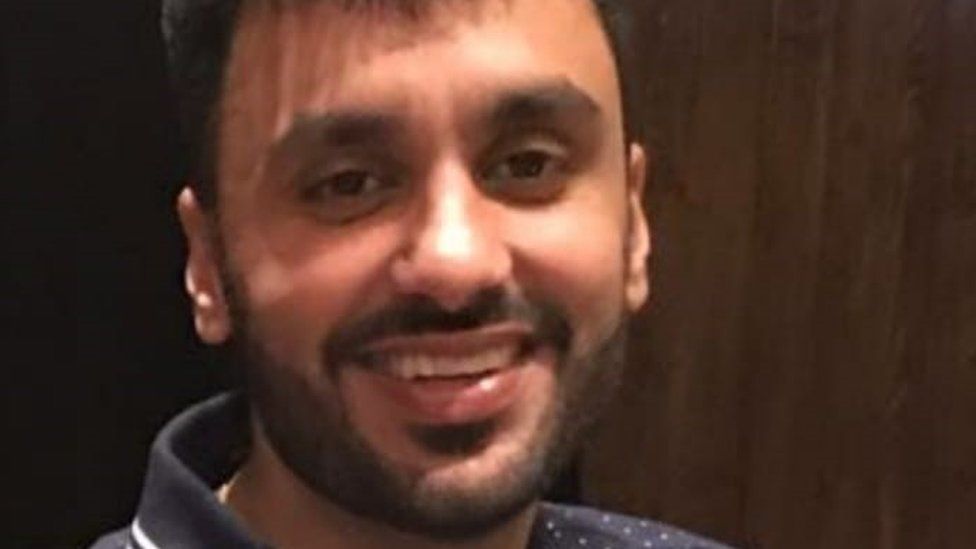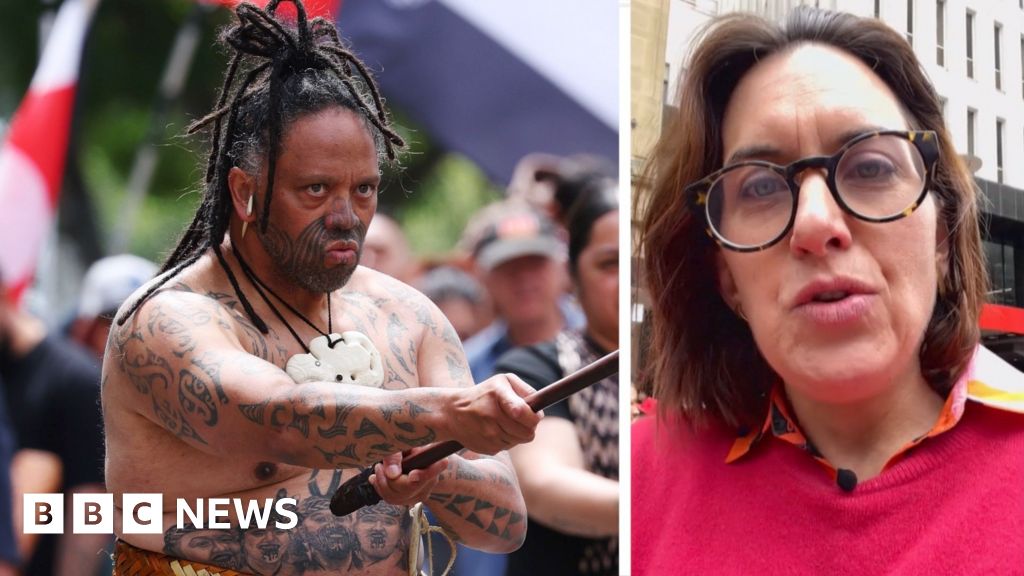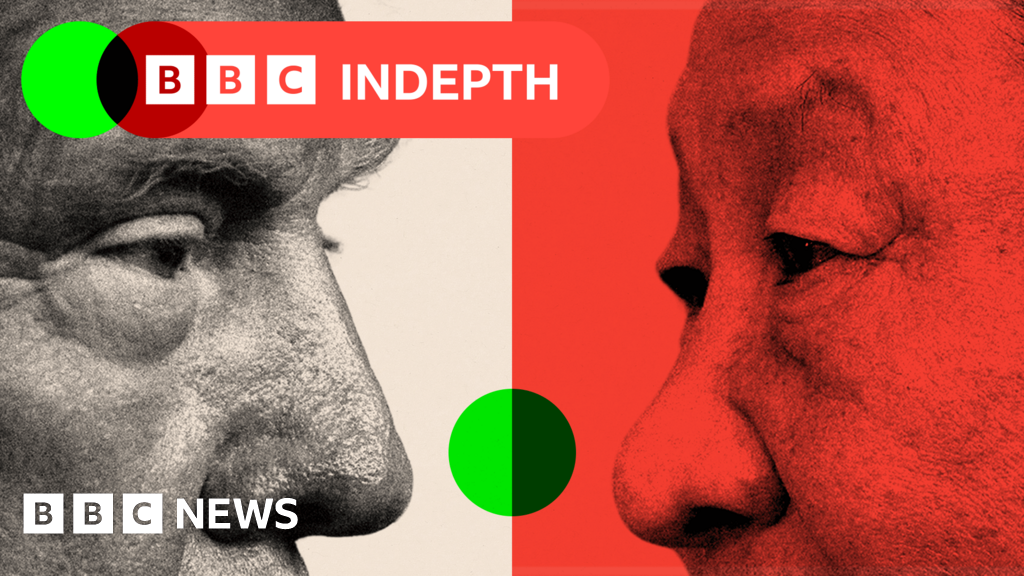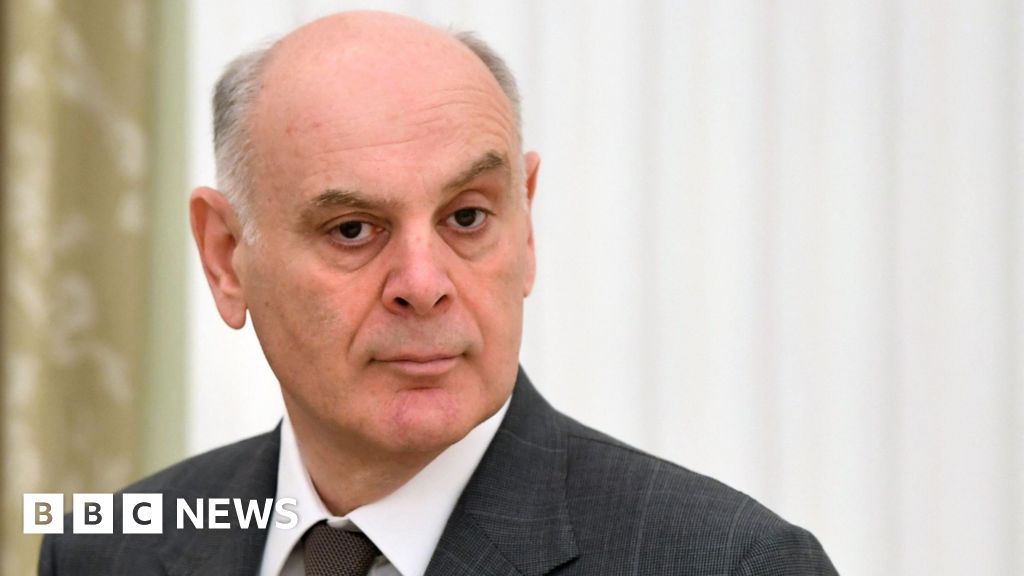ARTICLE AD BOX
By Frank Gardner
BBC security correspondent
 Image source, Free Jaggi Campaign
Image source, Free Jaggi Campaign
UK intelligence agencies are accused of tipping off Indian authorities about a British national before his abduction and alleged torture by Punjab police.
Jagtar Singh Johal, from Dumbarton, was in India in 2017 when his family say he was forced into an unmarked car.
He says he was then tortured over days, including with electrocution. He has remained in detention since then.
Successive British prime ministers have raised his case but India's government denies he was tortured or mistreated.
In May, Mr Johal was formally charged with conspiracy to commit murder and being a member of a terrorist gang. He will be presented with a full list of the charges against him next month and faces a possible death penalty.
Now the human rights group Reprieve has shown the BBC documentation that it says is compelling evidence that his arrest followed a tip-off from British intelligence.
The UK government says it will not comment on an ongoing legal case.
Reprieve says it has matched several details relating to his case to a specific claim of mistreatment documented in a report by the watchdog that oversees the intelligence agencies.
"In the course of an investigation", says the Investigatory Powers Commissioner's Office (IPCO) report, "MI5 passed intelligence to a liaison partner via the Secret Intelligence Service (MI6).
"The subject of the intelligence was arrested by the liaison partner in their country. The individual told the British Consular Official that he had been tortured."
Mr Johal is not named in the report, but Reprieve's investigators are adamant the facts match his case due to the dates concerned, the lobbying by British prime ministers and supporting evidence detailed in the Indian press.
In 2017, the Hindustan Times reported that Mr Johal had "come under the scanner" after "a source in the UK" provided the Punjab police with "vague information" about a key man, "Johal".
The Indian authorities accuse Mr Johal of involvement in murders they claim are related to Sikh nationalism, though he denies any wrongdoing.
Mr Johal was an active blogger and campaigner for Sikh human rights, which are said to have brought him to the attention of the Indian authorities.
But his brother Gurpreet told the BBC he was not aware of any activity that could be considered illegal.
Mr Johal is currently being held in a Delhi prison. He has alleged that, following his arrest, he was held incommunicado, was brutally interrogated for hours on end, and was initially denied access to lawyers or British consular officials.
He says he was made to sign blank sheets of paper that were later used against him as a false confession.
His case has been raised with the Indian government by Prime Minister Boris Johnson as recently as April this year, and was previously raised by Mr Johnson's predecessor, Theresa May.
On 12 August, Mr Johal lodged a claim in the High Court against the Foreign Office, the Home Office and the attorney general, alleging that UK intelligence agencies unlawfully shared information with the Indian authorities when there was a risk he could be tortured.
Reprieve says this case suggests the government has failed to fix longstanding shortcomings in its policy on torture and the death penalty, and has learned little from past failings such as the MI6 tip-off that led to the rendition and torture of Libyan dissident Abdulhakim Belhaj.
Commenting on the allegations, MP Steve Baker said: "This appalling case, where UK intelligence sharing has been linked to brutal torture, illustrates vividly why the National Security Bill needs to be improved."
Responding on behalf of all three defendants in the High Court case, the Foreign Office said: "It would be inappropriate to comment on an ongoing legal case."

 2 years ago
34
2 years ago
34








 English (US)
English (US)